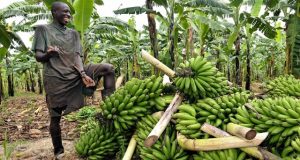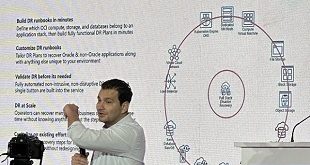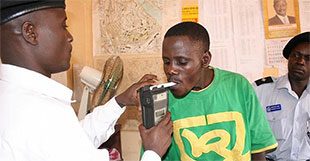
The third principle is about improving livelihoods and fostering inclusive economic growth. Ensuring that farmers have adequate access to and control of productive resources, and addressing the gender gap, can contribute significantly to reducing poverty and food insecurity in; especially, rural areas.
Rural populations are among the most marginalised people in society. Their limited access to knowledge, information and resources, and restricted organisational capacity and bargaining power often leave them ill prepared, and unable to benefit from opportunities meant for rural transformation. Therefore, within the agricultural sector strategy, there should be planned interventions that will: empower people and fight inequalities, promote secure tenure rights, ensure use of social protection to enhance productivity, and improve nutrition and promote balance diets.
The fourth principle calls for enhancing resilience of people, communities and ecosystems; especially to climate change and market volatility. Extreme weather conditions, market volatility and civil strife impair the stability of agriculture. Polices, technologies and practices that build farmers’ resilience to shocks would definitely contribute to sustainability. Thus, in accordance to this principle, within MAAIF’s strategy, there should be interventions meant to: prevent and protect against shocks, prepare for and respond to shocks, address and adapt to climate change, and strengthen ecosystem resilience.
The fifth and last principle is about adapting good governance to new challenges. The transition to sustainable production can only take place when there is the right balance between private and public sector initiatives. Equally important is accountability, equity, transparency and the rule of law. In applying this principle, MAAIF should have strategic interventions that are aimed at: enhancing policy dialogue and coordination, strengthening innovation systems, improving investment and finance, and strengthening the enabling environment.
Therefore, as MAAIF finalises development of the third sector strategic plan, the five principle and 20 interconnected actions need to be seriously considered. Application of the guiding principles and actions will certainly ensure sustainability in food and agricultural systems.
****
Mildred Barungi, PhD is a Research Fellow at the Economic Policy Research Centre (EPRC).
 The Independent Uganda: You get the Truth we Pay the Price
The Independent Uganda: You get the Truth we Pay the Price



